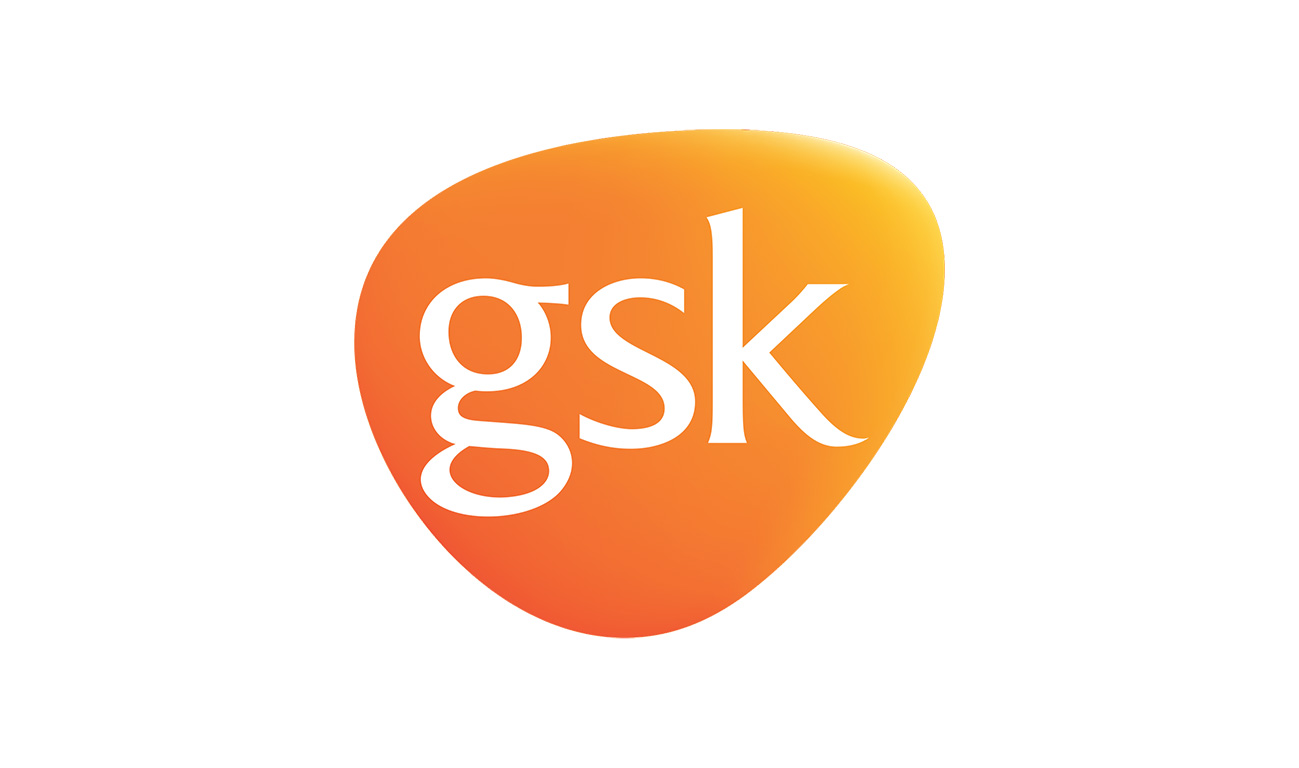Accelerating the Fight for Health in the Developing World

By Ellen, GSK,Global Head, Neglected Tropical Diseases
Sometimes our New Year's resolutions are gone before the month of January ends. But others can genuinely spur us to thoughtful action and long-term change.
An important set of resolutions dedicated to freeing millions of people from disability and disease were made a year ago by GlaxoSmithKline and 12 other global pharmaceutical companies along with the World Health Organization, the Bill and Melinda Gates Foundation and other groups.
Together we committed to accelerate the fight against neglected tropical diseases (NTDs) and to control or eliminate 10 of 17 NTDs by 2020. This commitment is known as the London Declaration against NTDs.
NTDs affect more than 1 billion people around the world, causing illness, disability and death. They are found in the world's poorest countries, where there is limited access to healthcare, clean water, sanitation and good nutrition.
Some treatments exist. Five NTDs can be tackled by a single annual treatment (e.g. lymphatic filariasis (LF), onchocerciasis, intestinal worms, schistosomiasis and trachoma), and for many people, the beneficial impact of a treatment will be immediate. But for other NTDs, research is urgently needed to develop new and better treatments.
The progress our coalition reports today includes that:
- We fully met requests for 1.12 billion treatments for NTDs.
- 29 countries began receiving drugs to treat or prevent soil-transmitted helminthes, resulting in an almost six-fold increase in treatments.
- There was increased funding and collaboration to improve outcomes.
- Two NTD diagnostic tests received regulatory approval.
GSK enthusiastically has supported the London Declaration. In 2012, we:
- Contributed 709 million tablets of our anti-parasitic medicine, albendazole, for elimination of lymphatic filariasis and deworming programs worldwide. (Since 1999, we have donated 3.3 billion tablets.) There now are 56 countries in which we are working to eliminate LF.
- Added 22 new countries to our school-based deworming programs.
- Added Liberia to the list of countries in which we conduct integrated NTD programs.
- Provided £1.5 million in grants to partner organizations working to fight NTDs.
- And, inside the company, consolidated and focused our efforts into a specific 'NTD Unit' to optimize our contributions.
Since 1998, GSK has partnered with WHO, the Gates Foundation, the Carter Center and others to rid the world of LF. More commonly known as elephantiasis, LF is one of the world's leading causes of permanent disability and disfigurement. The disease affects 120 million and threatens a further 1.3 billion people in 73 countries.
The same medicine, albendazole, treats soil-transmitted helminths (STH or intestinal worms). STH infection can stunt growth and cause anaemia and malnutrition. Often a child's ability to learn and their performance at school are affected. Between these two programmes, GSK has delivered, to date, more than 3 billion doses of albendazole to the world's neediest people.
GSK has committed to provide up to 1 billion tablets of albendazole each year to the WHO - 600 million tablets to tackle LF and an additional 400 million tablets to treat school-age children at risk of intestinal worms.
We are also working to support with research into new and better treatments for NTDs. Dedicated scientists at our research center at Tres Cantos, Spain are studying treatments for Chagas, dengue fever, and leishmaniasis.
Partnership is essential to achieving these goals, and GSK is applying our 'open innovation' approach to these areas. We have opened up our intellectual property and know-how to others to help encourage more research into NTDs. We have opened access to our Tres Cantos laboratory for independent researchers to use our facilities to advance their own study of these diseases. And we have established a not-for-profit organization to support these projects using $8.047 million (£5 million) in funding from GSK.
There is still a long way to go in this battle but we continue to make progress and importantly, together with our partners, have agreed a way to measure our outputs and outcomes that will encourage even more results.
As a global healthcare company with a long history and presence in the developing world, we are determined to play our part in helping to improve healthcare and quality of life for people, no matter where they live.
By combining our effort with others as in the London Declaration, we have the power to consign to history many preventable diseases that kill, disfigure and disable millions of people in the world's poorest countries every year. That's a resolution we renew this year along with a promise to report on our progress.

